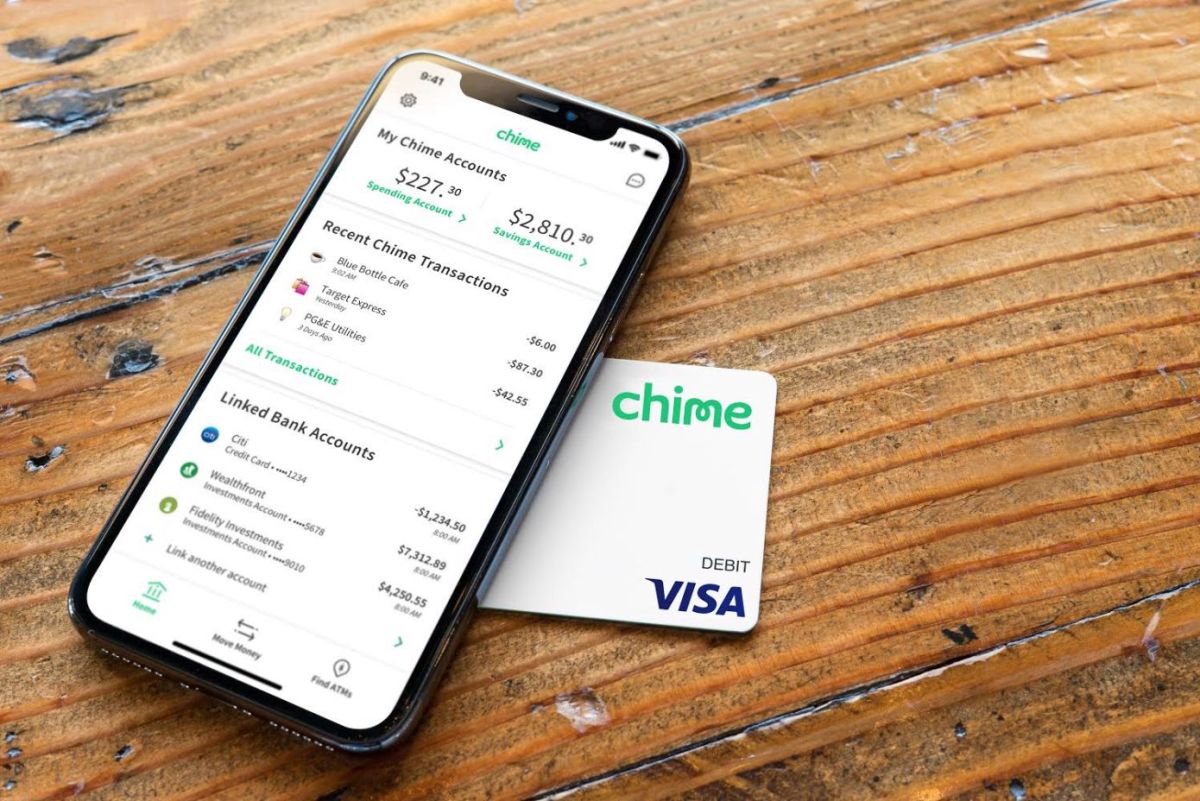Digital consumer bank Chime has officially filed for its Initial Public Offering (IPO) by submitting its S-1 paperwork on Tuesday. This move comes after Chime reportedly submitted confidential S-1 paperwork back in December. Typically, S-1 filings disclose a wide range of information, including financial and legal details along with risk factors. However, Chime’s S-1 documents still contain numerous blank spaces. Details such as the number of shares it intends to sell and the price remain undisclosed. IPO specialist Renaissance Capital estimates that Chime could be aiming to raise $1 billion.
The exact number of shares insiders plan to sell as part of the IPO is also unknown. Major backers include billionaire Yuri Milner’s DST Global, Michael Stark’s Crosslink Capital, billionaire Len Blavatnik’s Access Industries, and venture capital firms General Atlantic, Menlo Ventures, the Sino French Innovation Fund, and Iconiq. Chime raised $2.65 billion in total as a private company, including its last funding round in 2021 that valued it at $25 billion, according to PitchBook. This extensive cap table includes Kirsten Green’s Forerunner Ventures and Hunter Walk’s Homebrew.
Chime enlisted prominent investment bankers like Morgan Stanley, Goldman Sachs, and JP Morgan, indicating the scale of its IPO ambitions. Financial highlights show the company ended 2024 with $1.67 billion in revenue and $25 million in losses, compared to nearly $1.3 billion in revenue and $203 million in losses in 2023. Its first-quarter 2025 revenue was already $519 million, suggesting it is on track for $2 billion in revenue this year and nearing profitability.
Chime provides consumer checking, savings, debit, and credit card services and boasts 8.6 million active users. An interesting detail revealed in the paperwork is that board member Cynthia Marshall served as CEO of the Dallas Mavericks from 2018 to December 2024. During this period, Chime became a sponsor of the Mavericks, paying approximately $33 million over three years (2022-2024). This sponsorship included the Chime logo on the team’s jersey and other marketing benefits. Without this deal, Chime might have already achieved profitability.
— new from TechCrunch
